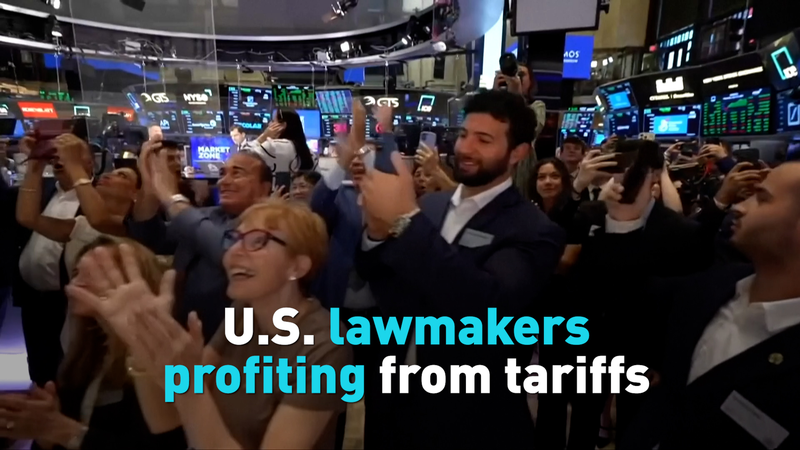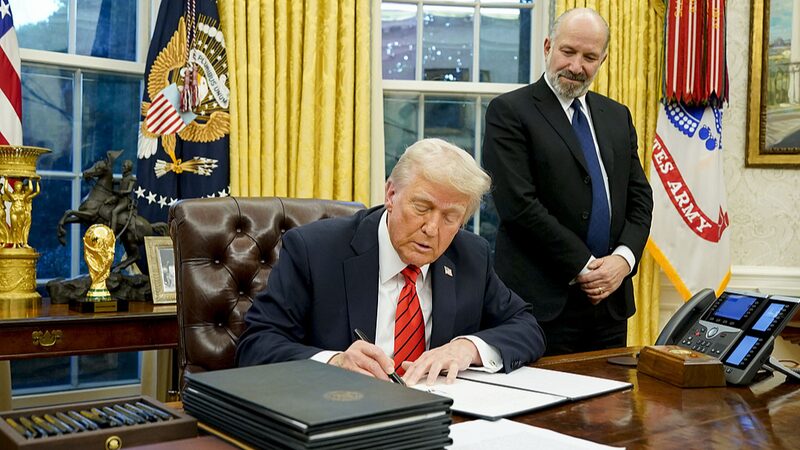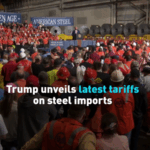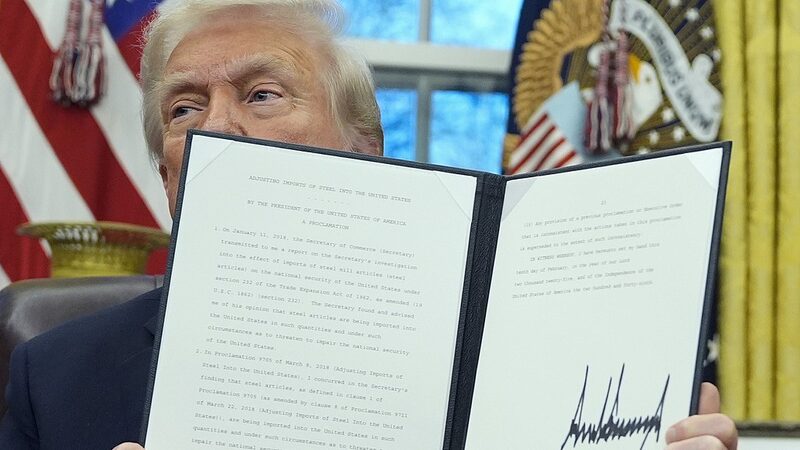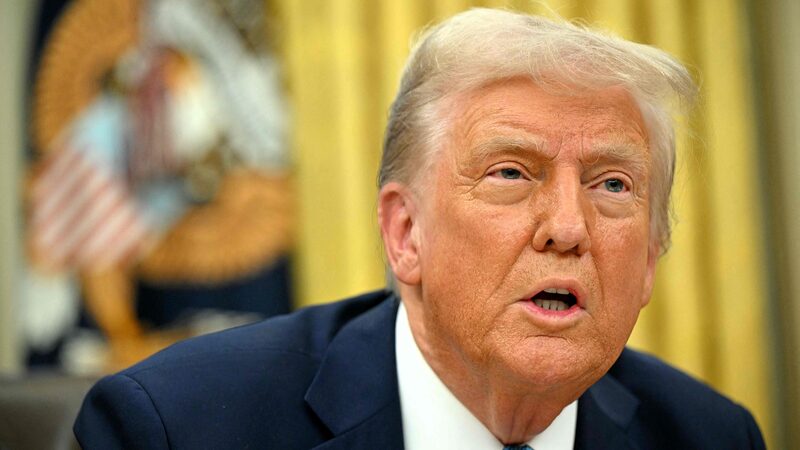As American households grapple with renewed cost-of-living pressures, a controversial link between U.S. tariffs and congressional stock portfolios is sparking rare bipartisan action. Recent data shows inflation trends coinciding with lawmakers' financial gains from industries impacted by trade duties, raising ethical concerns across party lines.
Analysts note that tariffs imposed during recent administrations – while intended to protect domestic industries – have inadvertently boosted stock values in sectors ranging from steel to technology. Congressional financial disclosures reveal multiple legislators capitalized on these market movements through timely investments.
The situation has prompted legislative proposals to restrict stock trading by sitting lawmakers, with House representatives from both major parties collaborating on reform bills. Ethics watchdogs highlight potential conflicts of interest, particularly when committee assignments align with legislators' investment portfolios.
White House officials acknowledge growing public frustration but emphasize the administration's focus on long-term economic stability. Meanwhile, consumer advocacy groups argue the tariffs' inflationary effects disproportionately impact low-income families while benefiting investors.
Reference(s):
cgtn.com
